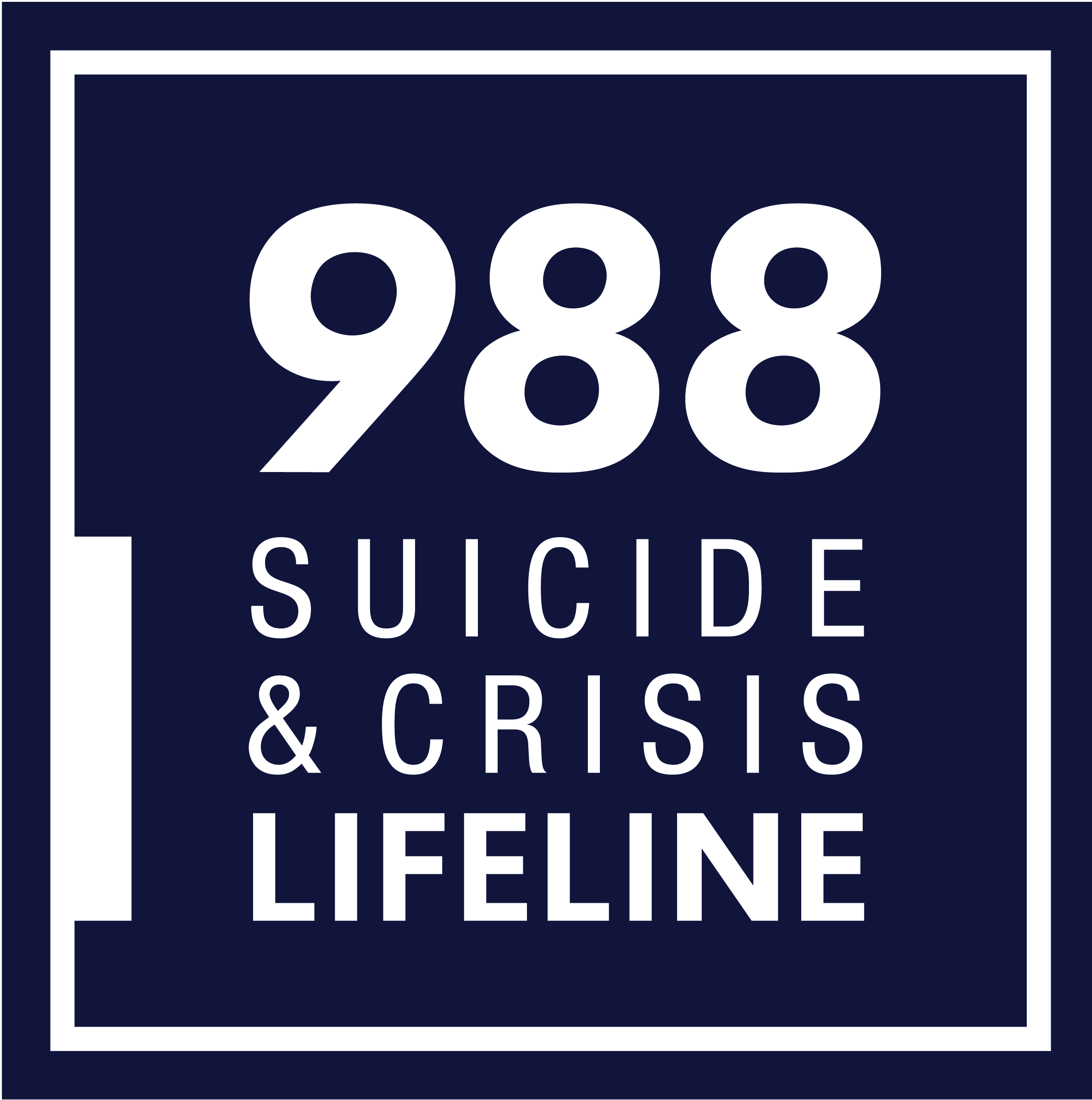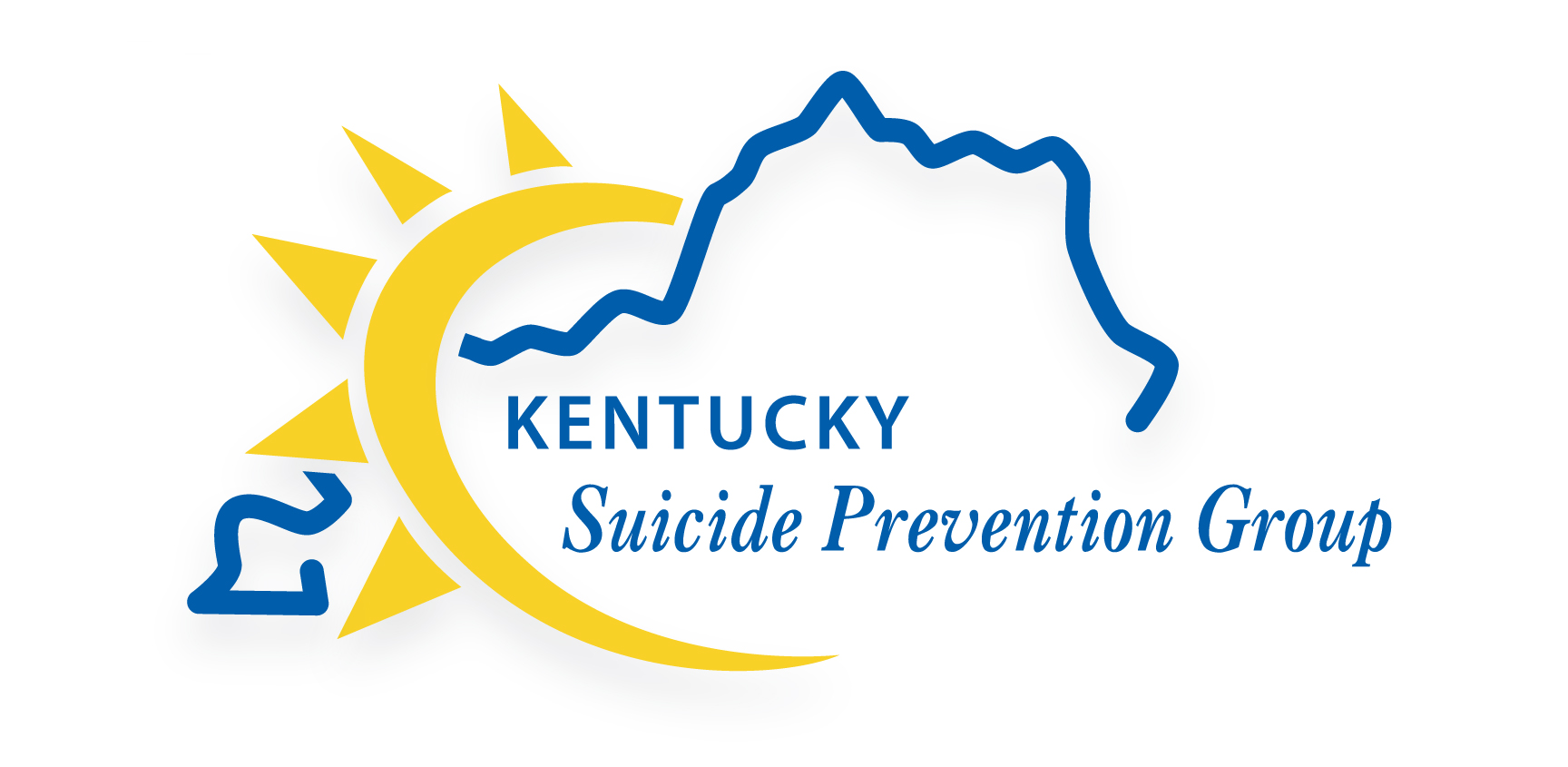Getting Help

Asking for help is often not easy, especially when it’s you who is feeling down, overwhelmed, irritable or anxious. Our tendency is to think it will just go away, or even believe those negative messages that run through our heads that say things like: “Maybe I’m just no good.”
Some people begin to have suicidal thoughts. But thoughts of ending your own life do not necessarily mean that you truly want to die—they mean, rather, that you have more pain than you can cope with right now. The pain of deep depression is intense. It is too much to bear for long periods of time.
But even if you’re in a lot of pain, give yourself some distance between thoughts and action. Make a promise to yourself, “I will wait 24 hours or longer and won’t do anything drastic during that time.”
Thoughts and actions are two different things—your suicidal thoughts do not have to become a reality.
Talk to Someone
Talk to someone who has experience helping people in your situation:
- a crisis or suicide hotline
- a family member
- a private therapist, counselor, or psychologist
- a community mental health agency
- a school counselor
- a family physician
- a religious/spiritual leader
Avoid Drugs and Alcohol
Avoid using drugs and alcohol when you are feeling desperate or in a crisis. Although it is tempting to try to use them to try to numb painful feelings, they can make your emotions more volatile, and affect your judgment. Using drugs or alcohol while you are in crisis will greatly increase your risk of hurting or killing yourself impulsively, even though you may not have fully decided to do that.
Right now, if you are struggling with suicidal thoughts,
contact someone. Know real help is available.



